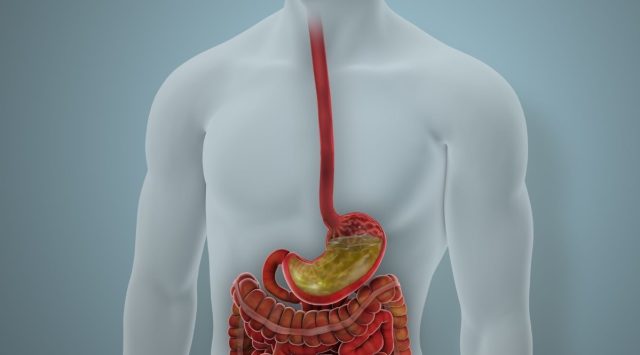Recellularization via electroporation therapy found to be feasible and safe
By Elana Gotkine HealthDay Reporter
THURSDAY, Oct. 24, 2024 (HealthDay News) — For patients with type 2 diabetes (T2D), duodenal recellularization via electroporation therapy (ReCET), which uses pulsed electric fields to induce natural cell death through an apoptosis-like process, is feasible and safe and can prevent the need for insulin therapy when combined with semaglutide, according to a study presented at UEG Week, the annual meeting of United European Gastroenterology, held from Oct. 4 to 7 in Vienna.
Celine Busch, M.D., from Amsterdam University Medical Center, and colleagues presented 24-month results from a single-arm, single-center, first-in-human study conducted in 14 patients with T2D. All patients underwent the ReCET procedure, followed by a two-week isocaloric liquid diet; semaglutide was titrated up to 1 mg/week thereafter.
The researchers found that the technical success rate of the ReCET procedure was 100 percent; the median axial treatment length was 12 cm, and median procedure time was 58 minutes. There were no serious adverse events related to the device or severe hypoglycemic events. Thirteen of the patients (93 percent) tolerated the maximum dose of semaglutide. Twelve patients (86 percent) were still not using insulin at six and 12 months, but they had significant improvements in glycemic control and metabolic parameters. All 11 patients who completed the 24-month follow-up remained off insulin with adequate glycemic control.
“These findings are very encouraging, suggesting that ReCET is a safe and feasible procedure that, when combined with semaglutide, can effectively eliminate the need for insulin therapy,” Busch said in a statement.
Copyright © 2024 HealthDay. All rights reserved.



















